Tag: Women
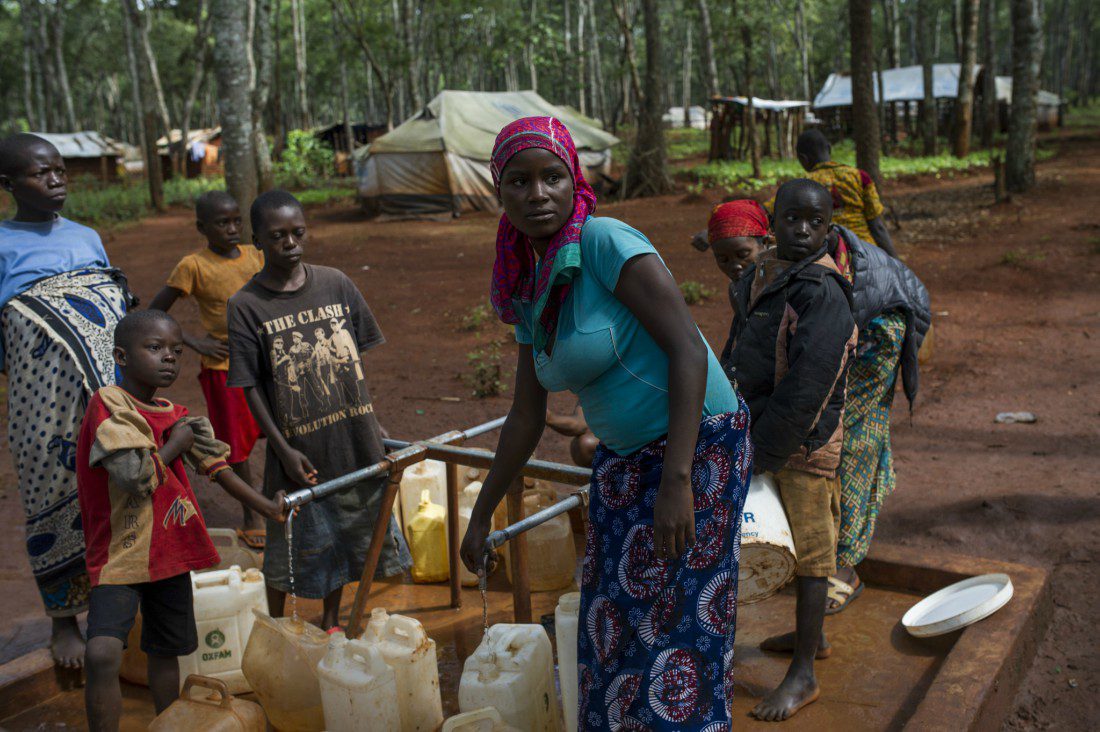
Through a Mother’s Eyes: Life in Nduta Refugee Camp
/
The Nduta refugee camp in Tanzania is home to more than 55,000 personal stories of survival and hope. Godebrite’s remarkable story is one of them. Read more »
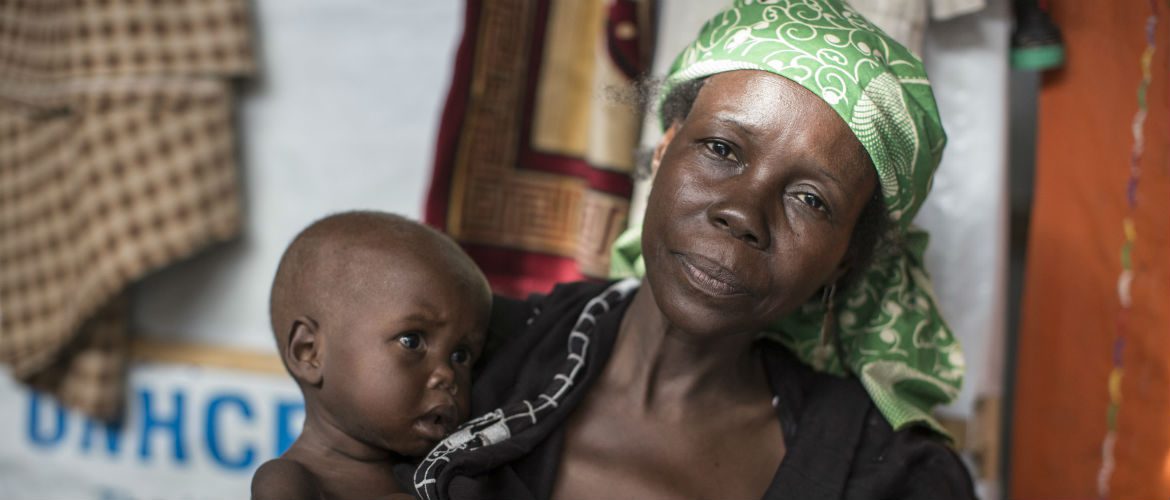
West Africa: the plights of a forgotten crisis
/
Having already left everything behind, many displaced families now seek shelter in some of the world’s poorest communities that lack access to basic services like water and sanitation. Read more »
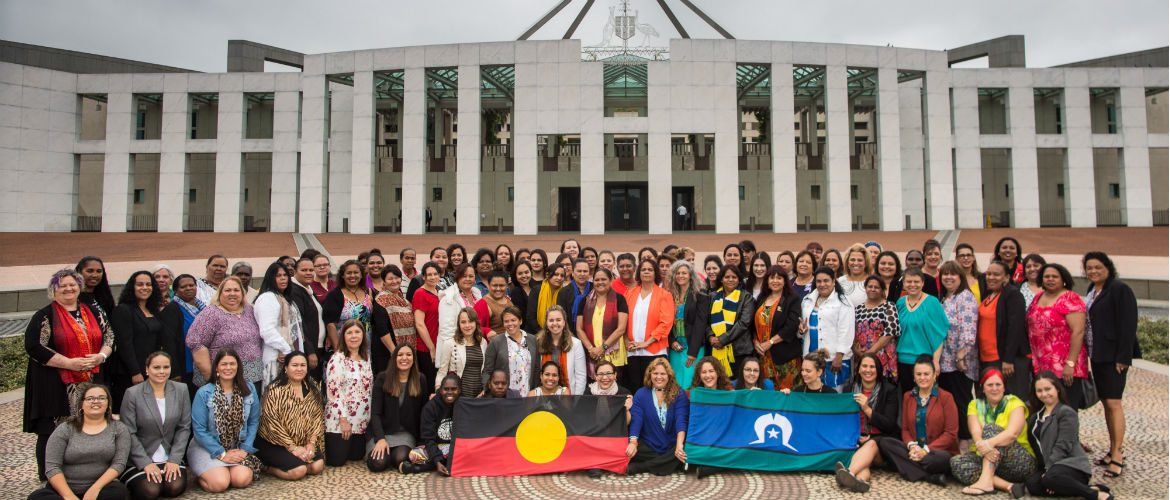
If you’re Indigenous, enter politics
/
After participating in Straight Talk, Shelley Cable realised that as an Indigenous woman, she has the experience and ability to make change on a national scale. Read more »
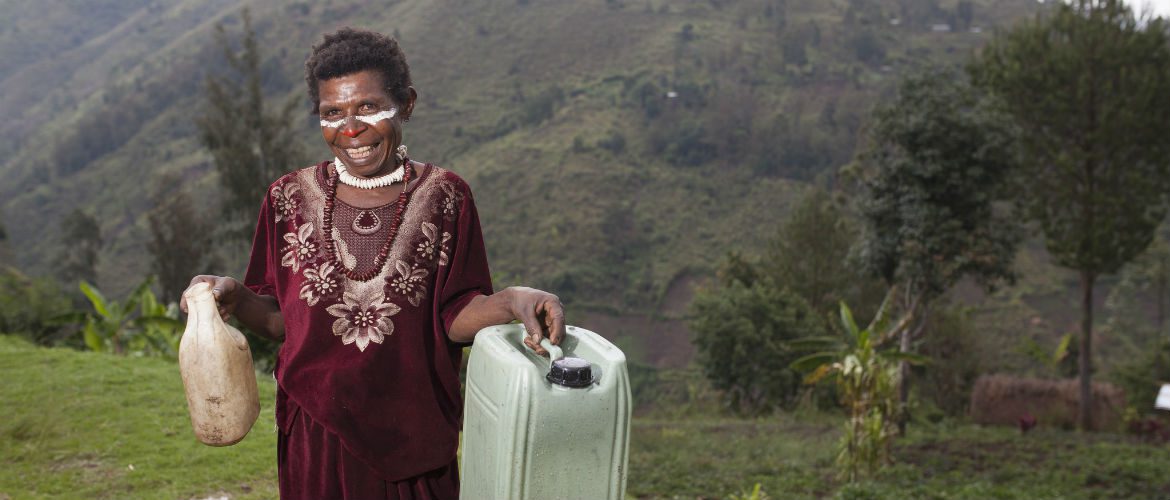
Tackling hunger, thirst and disease
/
With just four kilometres separating us, Papua New Guinea (PNG) is Australia’s closest neighbour. And last year, millions of people in PNG were facing hunger, thirst and disease on our doorstep Read more »
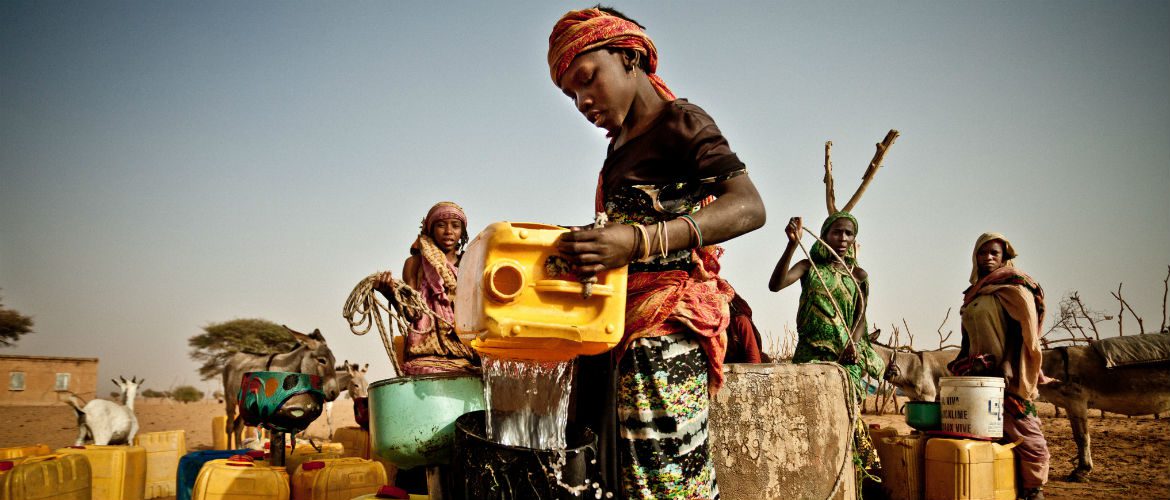
Four key lessons from election 2016, and how we move forward
/
What does our recent federal election mean for ending poverty around the world? With caveats of course, we’re pretty optimistic it shows we’re turning a corner. Read more »
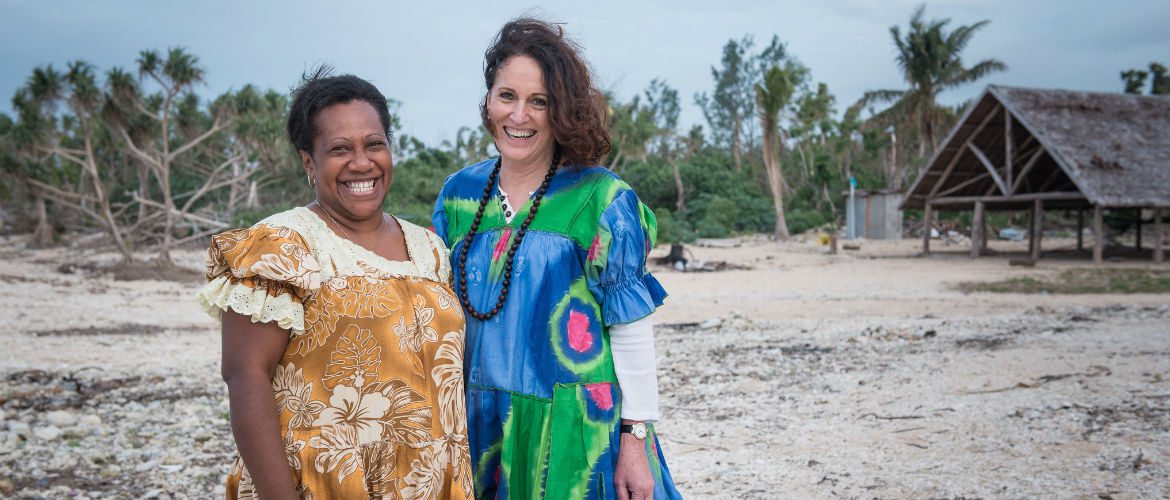
Women MPs stride forward, but women’s issues remain lost
/
The cliff hanger Federal election has been a bitter-sweet moment in the ongoing battle for gender equity in Australia. Oxfam Australia’s Chief Executive, Dr Helen Szoke says the major parties are yet to learn the value of engaging with women on the issues that matter to them. Read more »
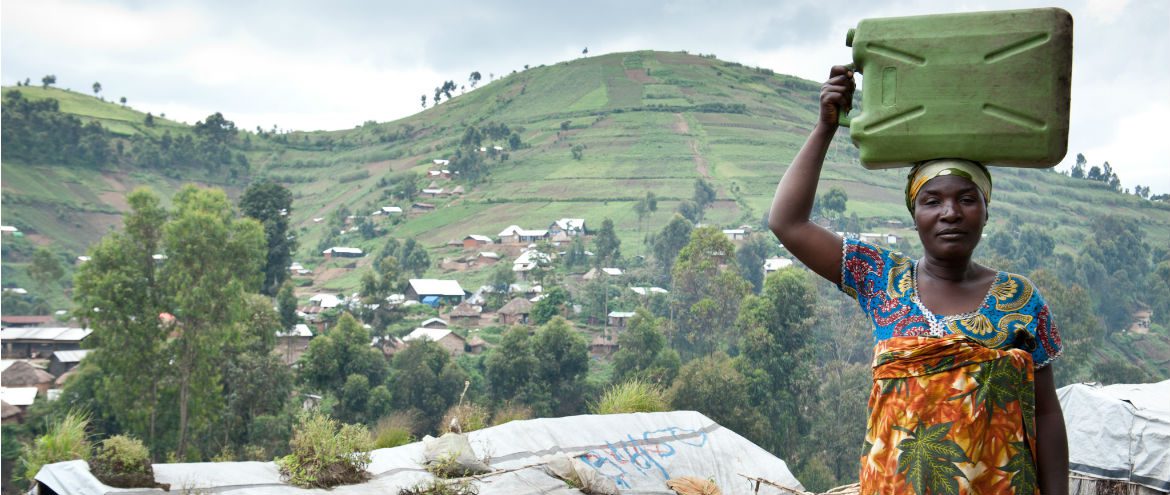
They survived the violence, but they can’t survive without clean water
/
“There is only one activity in the community — surviving.” Louise and her family escaped armed rebels, but now they face a new danger — deadly, dirty water. Read more »
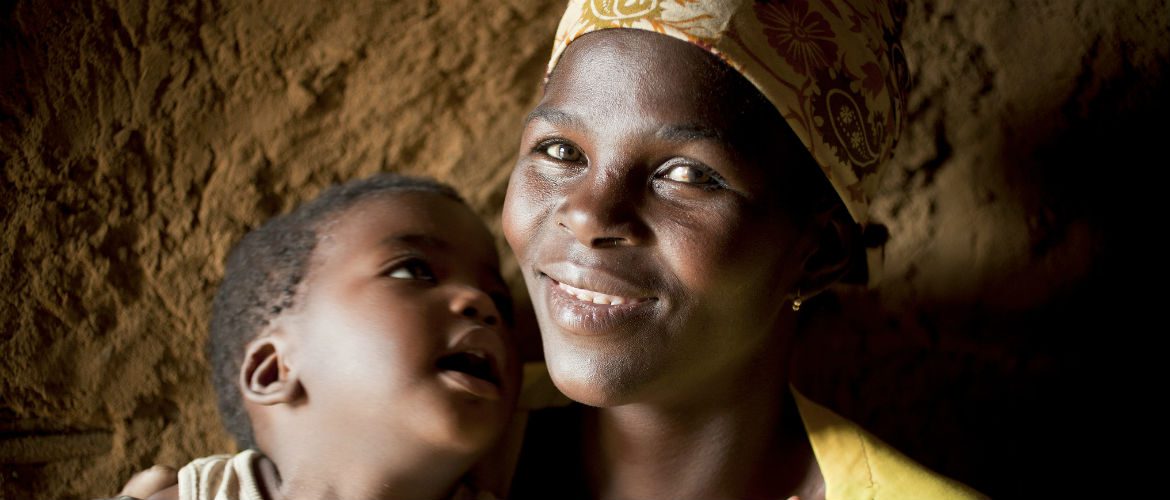
What does Oxfam Unwrapped mean for mums?
/
No matter where you live, raising a family is a tough job. But if you’re a parent living in poverty, raising a family becomes more than a difficult task: it can test their very limits to survive. Read more »
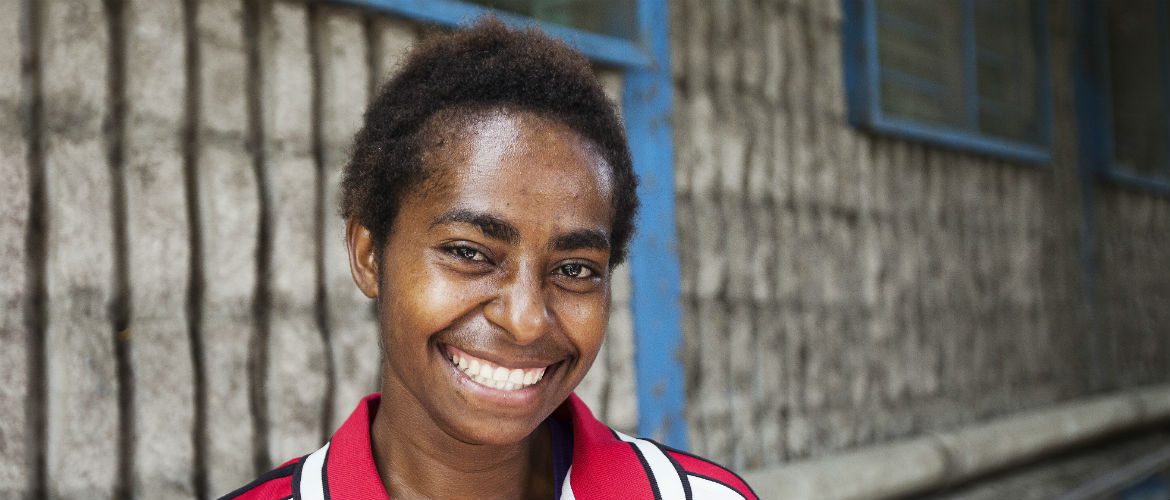
Want to help stamp out violence against women? Acknowledge that gender inequality is the problem.
/
Discrimination and injustice are major causes of poverty worldwide, and for women, it can have devastating effects. Read more »
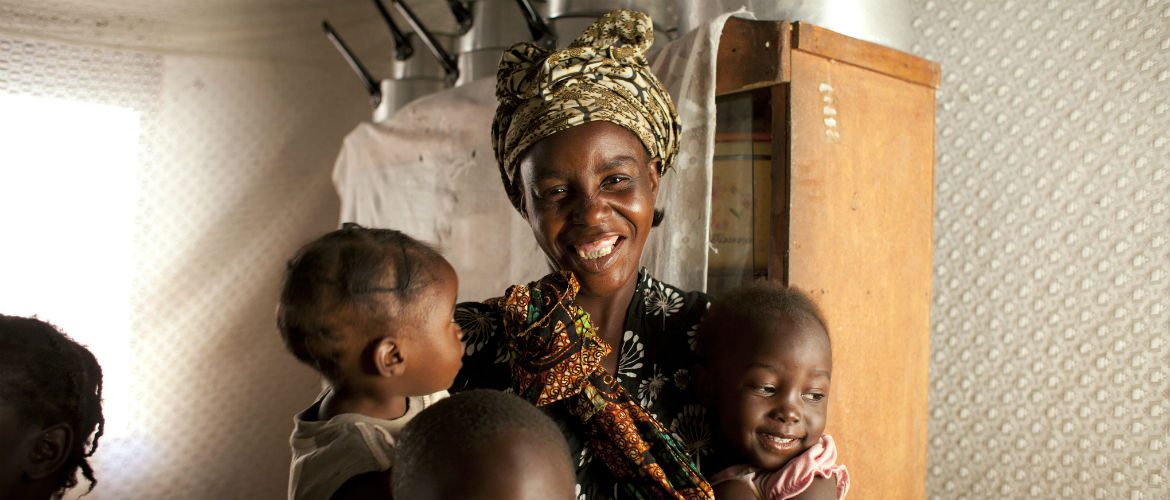
These women are fighting against extreme poverty … with bananas.
/
Every day Irene would risk her life to water her crops and feed her children. Today, she’s a co-producer at an award-winning banana farm and changing the future for her family. Discover how Oxfam and you make a difference to people in poverty around the world. Read more »